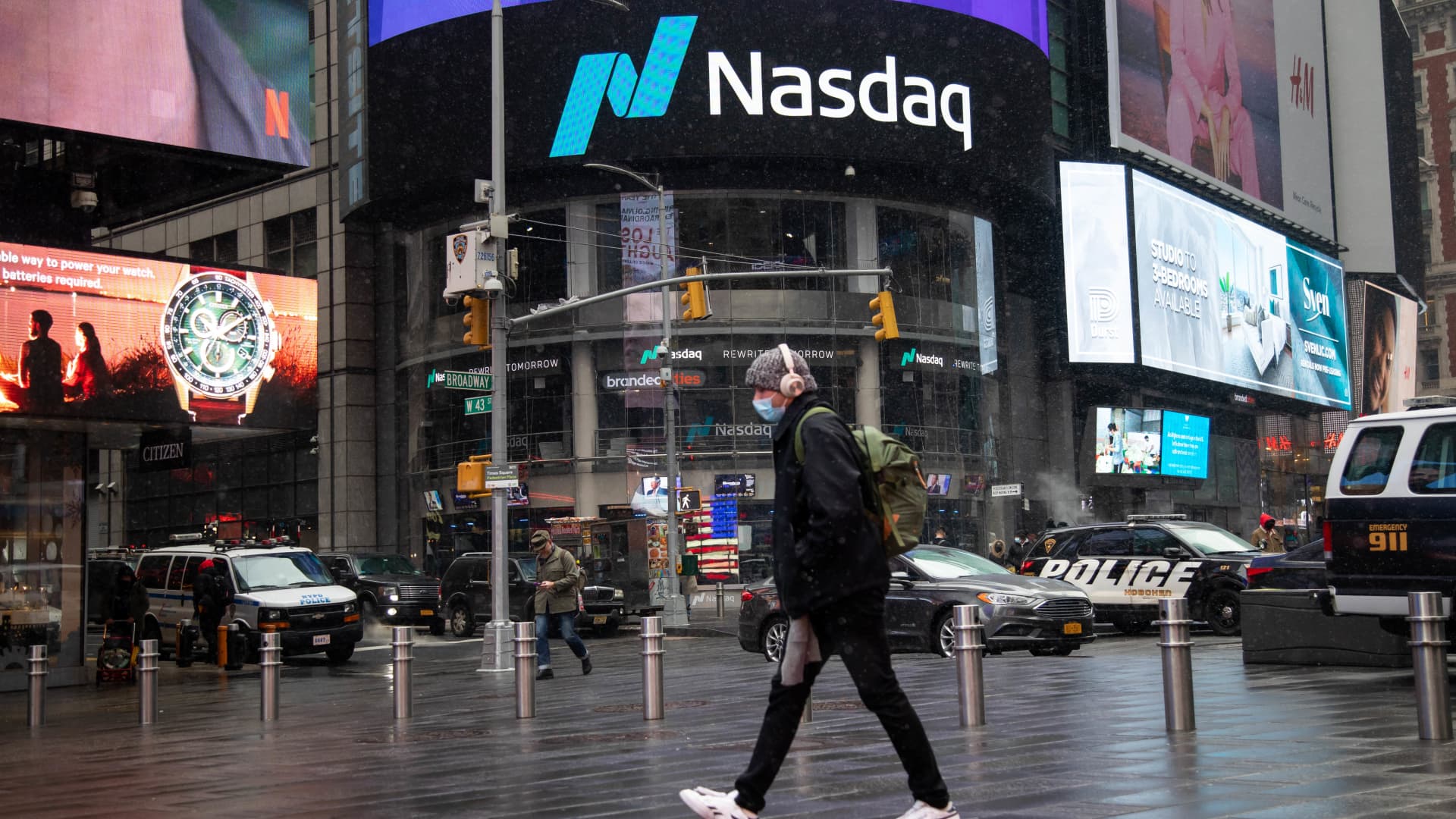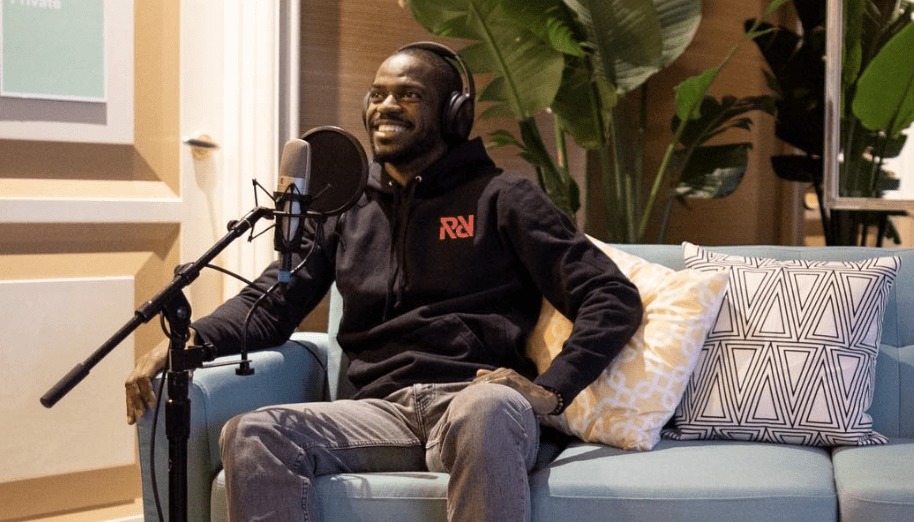Turkey-Saudi Arabia
In order for us to understand why the Turks are concerned with developments in Iraq, we need to be aware of the communal make up of Iraq. Michael S. Doran, Senior Fellow at the New York based Council on Foreign Relations elaborates.
MD: "There are three major communities or three major communal splits in Iraq. The Kurds in the North speak Kurdish, which is a language that’s related to Persian, an Indo-European language, they’re mountain people. And then in the middle of the country, around Baghdad you have Sunni Arabs, they speak Arabic but they’re from the Sunni branch of Islam. And then south of Baghdad you have Arabic speaking Shiies, who come from the Shii branch of Islam. Traditionally the Sunni Arabs in the centre had the upper hand in the state. But the Shiies make up a fully 60 percent of the total population, so they’re a numerical majority but they’re a political minority".
The Turkish government has repeatedly warned it would not tolerate the emergence of an independent Kurdish state on its doorstep, fearing the destabilizing effect this would have on its own, large Kurdish population.
Ankara is also deeply suspicious of the federal structure for a post-Saddam Iraq, endorsed by Iraqi opposition leaders in exile, as it would perpetuate the autonomy Iraqi Kurds have enjoyed for the past 12 years.
According to London based United Press International (UPI) reports, Mahmud Osman, a respected Iraqi Kurdish figure, has said Turkey wants to send its troops into northern Iraq in case of a U.S. war against Saddam under the pretext of maintaining security and aborting any attempt to establish an independent Kurdish state .
Concerned that its facing a real and present danger, Turkey, which is a member of NATO, the North Atlantic Treaty Organisation, invoked Article 4 of the treaty. However, France, Belgium and Germany are still holding out against the idea of preparing to defend Turkey in the event of attack from Iraq.
Michael S. Doran, who is also professor of Near East studies at Princeton University elaborates on this issue.
MD: "This is a big deal here because you know the Turks are livid. The Turks paid a heavy price, They feel that ..the Turks fought in the Korean war. They had tremendously high losses in the Korean war. And something that’s not forgotten in Turkey because that was the price they had to pay to get into NATO. That was the admission ticket, their participation in the Korean war. And then they served as a fixed aircraft carrier for NATO against the Soviet Union all through the Cold War. So what people in Turkey are saying is Belgium, you know Belgium is opposing us. What did Belgium do during the Cold War? But to make matters worse, the French ambassador to Turkey (yesterday 13feb) told the Turks that if they want to get into Europe they may have to behave like good Europeans and Europe is against this war. And they’ve accused the Turks of beating a war drum and said that if they really want to integrate into Europe they have to change their ways. It couldn’t have irritated the Turks more if it was designed to do so because the Turks feel that Europe has a double standard towards them".
Professor Doran went on to add that when Europe needs things from Turkey, it has no problems demanding them – for instance its participation in NATO and so forth.
MD: "But when Turkey comes to Europe and asks for something then its told that its not up to European standards, it has to wait in line. The Turks are very upset about the fact that a lot of Eastern European countries are being led into, with no democratic tradition behind them, are being led into Europe. Whereas the Turks who are proud of their own democratic institutions, imperfect as they may be, and they’re being told they have to wait in line. All this has greatly angered the Turks and its going to have significant fallout in Turkish European relations I think".
What will also be interesting to watch is how all this plays out in Turkish politics.
MD: "There’s some fear that the President of Turkey might say that according to the constitution, Turkey does not have the legal authority to allow American troops on its bases, because of the fact that NATO is opposed to it and there hasn’t been a UN Security Council resolution. And now whether this will actually happen or not, personally I doubt that it will happen. But if it does happen, it’s the only thing that I can see on the horizon that could actually slow up the war. That could muddy the political waters so much that the Americans wouldn’t be able to do what they want to do.
And news in just over the weekend, NATO broke its deadlock over planning for the defence of Turkey in the event of a U.S.-led war against Iraq (on Sunday) after hours of wrangling in a committee where France, which had blocked the move, has no seat.
NATO Secretary-General George Robertson addressing a news conference
"I can now confirm that the 18 NATO allies…agreed today to task military planners to begin their work, Alliance solidarity has prevailed".
With war threatening in Iraq, Saudi authorities have increased security at the already heavily guarded oil installations that are the kingdom’s economic lifeblood.
Saudi Arabia is the world’s biggest oil producer at about 8 million barrels a day and a significant disruption in operations could send world prices soaring.
During the 1991 Gulf War, Iraq fired nearly 70 Scud missiles at Saudi Arabia, Israel, Qatar and Bahrain. Many landed harmlessly in desert, although in Iraq’s deadliest attack of the war, a Scud that hit a Saudi barracks killed 28 U.S. military personnel and wounded 100.
But the government isn’t worried so much about spillover from fighting in Iraq.
A more lethal threat has emerged since then in the form of Osama bin Laden.
It was the Gulf War that triggered his wrath at the kingdom’s Al Saud rulers. He has been calling for the overthrow of the Saudi royal family, questioning its Islamic credentials and demanding the Americans leave.
Adding to this, analysts are also looking at what a post Saddam Hussein Iraq could mean for Saudi Arabia.
Hamza Hassan, a Saudi writer and Editor-in-Chief of monthly magazine SaudiAffairs based in London discusses this issue.
HH: "The Royal family is frightened that the American next war is going to be, its not only the Royal family, me and many intellectuals already wrote many studies and articles saying that the American next war is going to be in Saudi Arabia. And the Saudi Royal family is going to face a very huge pressure from the Americans in order to change its internal policy. The Saudis try these days to say to the Americans, yes we are going to do something but not everything you want. They are trying to find a sort of solution to satisfy the Americans but the Americans in my opinion are asking for radical change in a very short time which the Saudi royal family hasn’t experienced before. I mean within weeks or months they (Americans) want to change them. Saudis usually when they want to conduct any …takes years until they start to change it. And that’s why I don’t think that the Saudis are going to appease the Americans and they can’t also neglect them".
If the US succeeds in Iraq, the pressure will be mounting on the Saudis. Hamzah Hassan added that adding to this there is already much disturbing talk within the country about the possible disintegration of Saudi Arabia into three distinct states.
HH: "One in the East where the oil industry lies. And one in the holy places which is …… the western province, (which was in the past an independent state until 1926 before the Saudis invaded and became part of the Saudi state). And the third state is the …….state where Wahabism is there. But this is not the question. The question is what about the ordinary Saudi citizens. Are they with reforms? And if the democratic reforms have not occured, what will happen. Seperatism may become the only alternative".
While the Royal family is in power , there are concerns the Saudi people might go for the separatist scenario that’s just been painted. Still Hamzah Hassan hopes for a unified free democratic Saudi Arabia.
HH: "As a tool to achieve justice and freedom, I think democracy is the only tool these days. And that’s why each country has its own form of democracy. I don’t think Saudi Arabia in the next two decades will be a fully democratic country, no, but I mean there are many steps to go ahead. I feel the Saudis will do something. But I think they will appease either the local citizens or the American allies".



